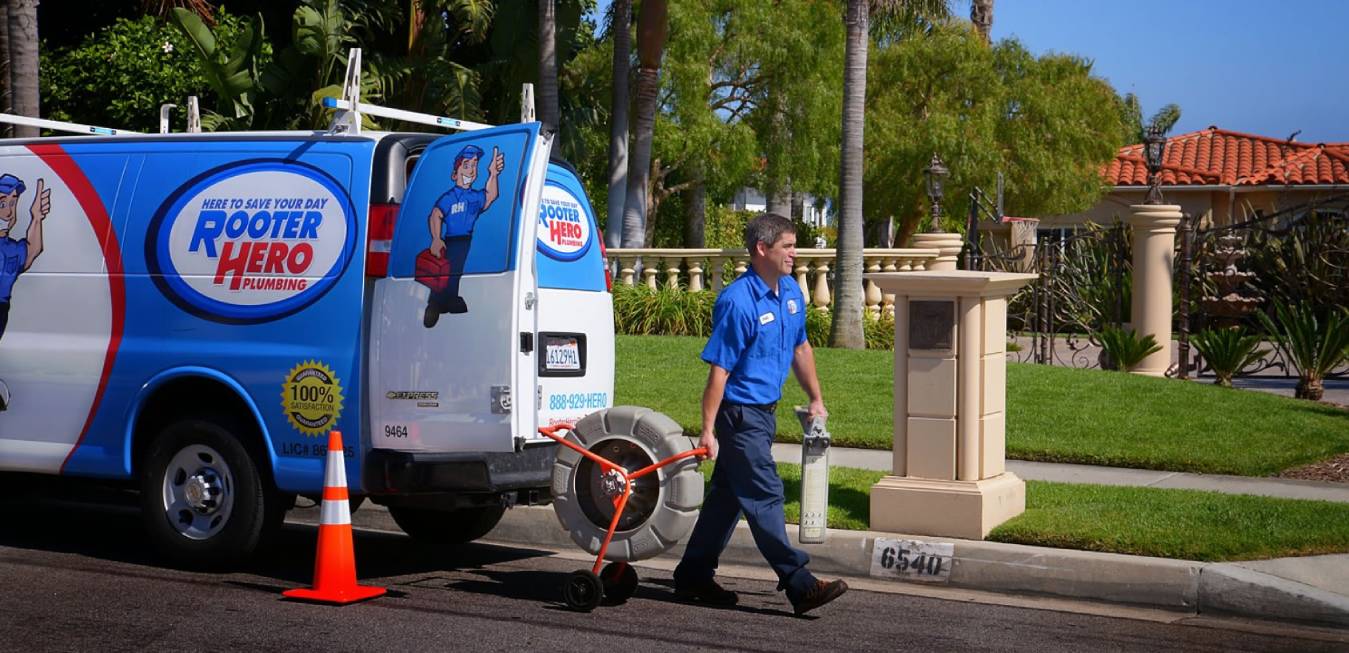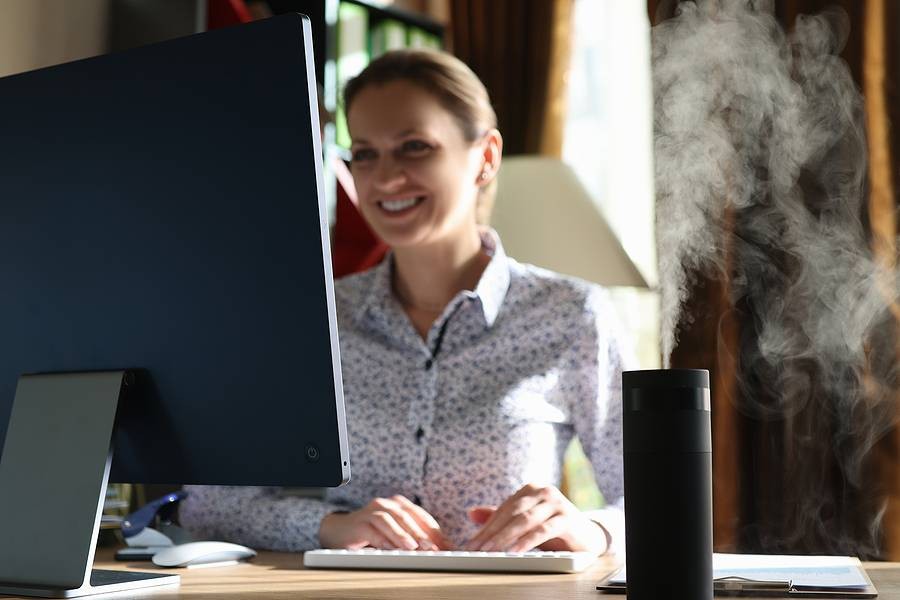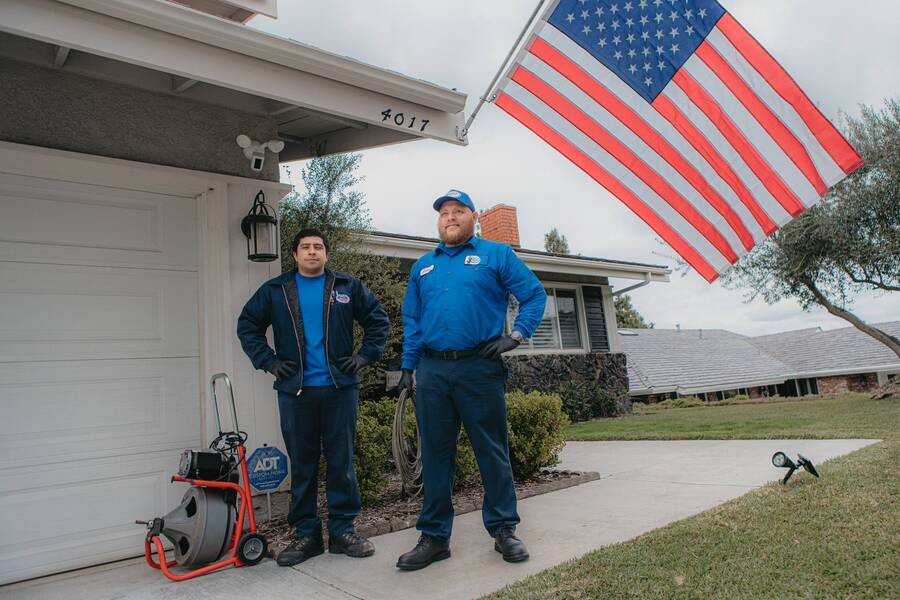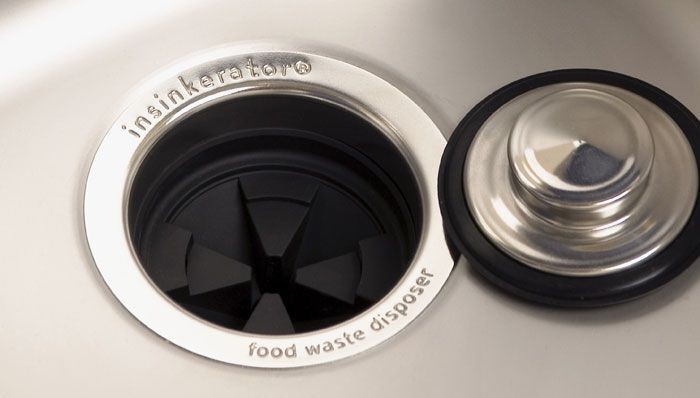
5 Most Frequently Asked Plumbing Questions
Most people don’t have the time to study the intricacies of all their pipes, fixtures, and appliances, but a little bit of knowledge is both practical and essential for anyone. Homeowners with questions or concerns about the basic functions of their pipes, fixtures and appliances can learn a lot from the answers to these frequently asked questions. How do I keep my drains running smoothly? Use hair catchers and schedule regular maintenance for your system. Installing a guard on your drain keeps out hair and other objects that often get stuck in the pipe immediately below the drain hole. They are easy to install, and cleaning them is only a matter of swiping up the hair and tossing it in the garbage. It’s also a good idea to have your drains professionally cleaned with hydro-jetting and other tools to remove mineral scale, sediment accumulation and tough blockages that you can’t handle on your own. Serious clogs can shut down your entire system or even lead to pipe bursts, so don’t wait too long to deal with them! Why is my water bill suddenly so high, and how do I lower it? A sudden increase in your water bill is an indicator of a hidden leak in your system. Toilets are often the source of water leaks, although any pipe or fixture could be to blame. Have your home inspected by a professional plumber with mobile video cameras and other utilities to identify damaged components. If you have consistently high water use, then installing flow-limiters may help curb the costs. What are simple techniques for making my home more eco-friendly? Install faucet aerators, smaller toilet tanks or on-demand water heating. Aerators are tiny screens that cap sink faucets, reducing the rate that water comes out without killing the pressure. Reducing toilet tank size also helps cut consumption by using less for each flush. Tankless water heaters can also help conserve energy and provide a more reliable supply of hot water. How do I stop pipes from freezing in the winter? Drain pipes connected to the outdoors and others in vulnerable areas should be insulated. Disconnect and completely drain garden hoses, as well as any line that connects to the outdoor faucet. Shut off the valve and let the remaining water flow out. For indoor pipes in basements and crawl spaces, you can wrap them in tube insulation to ward off the cold. You can also leave your faucets dripping slightly overnight to prevent freezing on particularly cold days. Why does my garbage disposal keep getting clogged? Don’t put grease, fruit waste or meat into your garbage disposal. Fat and grease harden when it cools, so it will coat the inside of your disposal and drain with a layer of waxy residue. Fruit and vegetables are also not plumbing-friendly, so dispose of those in the garbage can instead. Eggshells, pieces of plastic and other objects can also block up your disposal, so be careful about what you toss in the sink!






